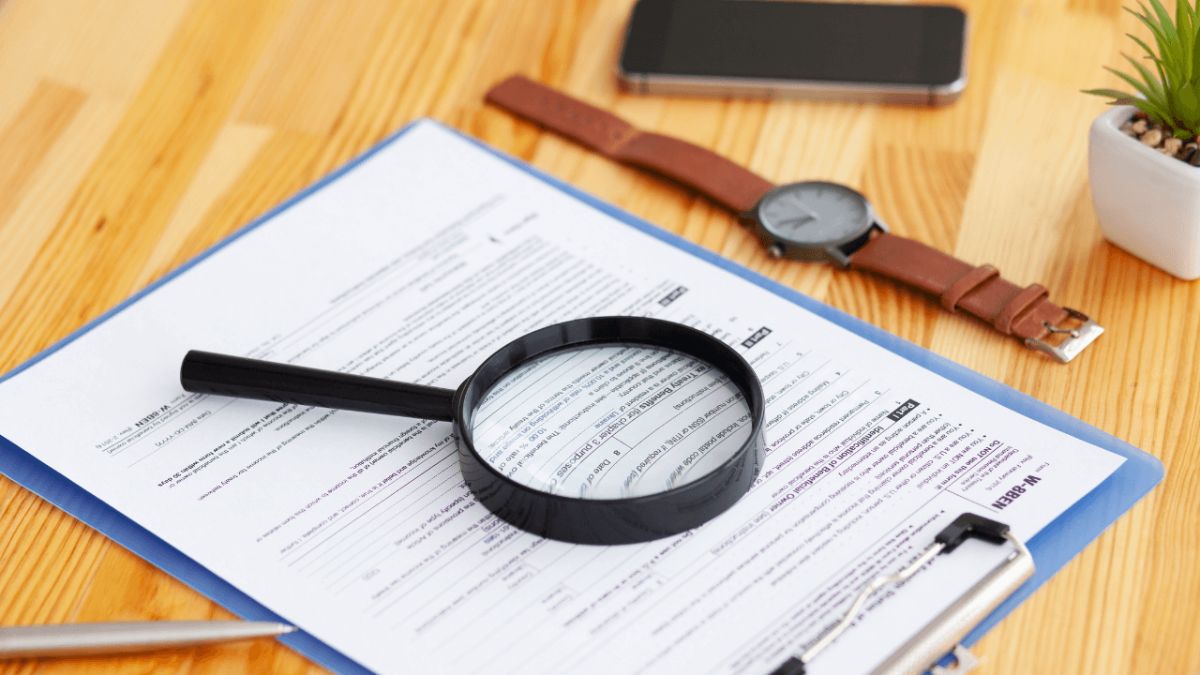When you’re running a business, protecting your assets and managing risks are key to long-term success. One safeguard every business owner should consider. Business liability insurance. However, many entrepreneurs overlook this essential coverage, often because they’re unfamiliar with how it works or why it’s indispensable.
This blog covers everything you need to know about business liability insurance, from what it is and how it works, to the different types of liability insurance and why having coverage is critical for your operations. After reading, you’ll feel confident about choosing the right policy for your business and staying protected when it matters most.
What Is Business Liability Insurance?
At its core, business liability insurance is a type of coverage designed to protect your company from claims of injury, property damage, or negligence. For instance, if a customer slips and falls in your store, or if an employee damages a client’s property during a job, liability insurance covers associated costs like legal fees and compensation.
Without this coverage, such incidents could drain your financial reserves, interrupt operations, and, in extreme cases, lead to bankruptcy. Business liability insurance ensures you aren’t financially crippled by unforeseen claims.
Why Is It Important?
No matter how cautious or prepared you may be, accidents and lawsuits happen. The truth is, running any type of business carries inherent risks. A single incident could result in hefty medical bills, legal fees, or settlements, and without coverage, you’ll have to foot the bill yourself.
Not only does liability insurance serve as a safety net, but it also shows your professionalism. Many clients prefer to work with businesses that are insured, as it provides peace of mind that both parties are protected.
Common Business Risks That Liability Insurance Covers
- Customer injuries on business premises (e.g., slips, falls).
- Property damage caused by the business (e.g., an employee breaks a client’s computer).
- Legal claims for defamation or advertising errors.
- Accidental professional mistakes or negligence.
Types of Business Liability Insurance
Depending on your industry, your risk profile, and your specific business operations, there are several types of liability insurance coverage to consider. Below are the most common options.
1. General Liability Insurance
General liability insurance is a foundational policy that protects businesses from some of the most common risks, such as bodily injuries and property damage.
What it covers:
- Customer injuries on your premises.
- Damage to someone’s property caused by your business.
- Legal costs for defending against lawsuits.
Who it’s for:
Virtually every business, from retail stores to coffee shops and professional offices, can benefit from having general liability coverage.
Example:
Imagine a customer trips over unsecured wiring at your office and suffers an injury. General liability insurance covers the customer’s medical expenses and any legal fees if they decide to file a lawsuit.
2. Professional Liability Insurance (Errors and Omissions)
Professional liability insurance, also known as errors and omissions (E&O) insurance, is designed for service-based businesses. It covers claims arising from errors, oversights, or negligence in professional services rendered.
What it covers:
- Missed deadlines.
- Incorrect advice.
- Mistakes in deliverables or contracts.
Who it’s for:
Lawyers, consultants, accountants, and other professionals in service industries.
Example:
A consulting firm provides inaccurate data analysis to a company, which leads to financial losses. Professional liability insurance can cover legal costs and settlements.
3. Product Liability Insurance
If your business designs, produces, or sells physical products, product liability insurance protects you from claims related to defective or harmful goods.
What it covers:
- Injuries caused by your product.
- Faulty workmanship or defects.
- Manufacturing-related errors.
Who it’s for:
Manufacturers, distributors, and e-commerce brands.
Example:
A customer uses your product and sustains an injury due to a manufacturing defect. Product liability insurance covers the costs associated with the claim.
4. Employer’s Liability Insurance
If you employ staff, this insurance ensures you’re covered for claims related to employee injuries or illnesses sustained at work.
What it covers:
- Compensation claims related to workplace injuries or illnesses.
- Potential legal costs for employment-related claims.
Who it’s for:
Businesses that have employees, regardless of size.
Example:
An employee develops repetitive strain injury due to faulty workplace equipment. Employer’s liability insurance covers their medical costs and legal expenses.
5. Cyber Liability Insurance
With the increasing risks of cyberattacks, cyber liability insurance is indispensable in protecting businesses from data breaches, ransomware attacks, and other online threats.
What it covers:
- Expenses related to a cyberattack or data breach.
- Legal fees for addressing compromised customer/employee data.
- Managing public relations during a cybersecurity incident.
Who it’s for:
Any business that handles sensitive customer or employee data online.
Example:
Hackers infiltrate your business systems and steal customer payment details. Cyber liability insurance covers the costs of addressing the breach and potential lawsuits from affected customers.
How Does Business Liability Insurance Work?
Once you purchase a business liability insurance policy and start paying premiums, your insurer agrees to cover costs associated with claims (within the terms of your policy). When an incident occurs, you’ll need to submit a claim to your insurer, detailing the event. If the claim is covered, the insurance provider will handle the associated costs (up to the policy’s limit).
What to Consider When Choosing a Policy
When shopping around for business liability insurance, keep these factors in mind to find the right fit for your company:
- Coverage Limits: Ensure the policy covers enough to manage your business’s potential risks.
- Industry-Specific Risks: Tailor your coverage to address specific issues your business might face, such as product defects or professional errors.
- Policy Exclusions: Understand what isn’t covered to avoid surprises.
- Premium Costs: Balance coverage needs with affordability based on your budget.
Do You Really Need Business Liability Insurance?
Absolutely. Whether you’re a small business or an established corporation, business liability insurance protects you from the unexpected. It’s better to have coverage and not need it than to need it and not have it.
Remember, some industries and states also require specific types of insurance as part of licensing or regulatory compliance.
Take the Next Step Toward Protecting Your Business
Investing in liability insurance is one of the smartest business decisions you can make. It provides peace of mind, ensures your operations run smoothly, and allows you to focus on growth without worrying about the “what ifs.”
Need help choosing the right liability insurance for your business? Consult a trusted insurance provider or explore online tools that compare policies tailored to your needs.
Frequently Asked Questions (FAQs)
Q: What does liability insurance cover?
A: Liability insurance typically covers legal costs, medical expenses, and damages related to claims of bodily injury or property damage caused by your business operations, products, or services.
Q: Is liability insurance required by law?
A: While laws vary by location and industry, certain businesses may be required to carry liability insurance, especially those in regulated fields or with licensing requirements.
Q: How do I determine the right amount of coverage for my business?
A: The appropriate coverage depends on factors like your industry, business size, and potential risks associated with your operations. Consulting with an insurance professional can help you assess your specific needs.
Q: Does liability insurance cover employee injuries?
A: No, liability insurance does not typically cover employee injuries. For that, you may need workers’ compensation insurance, which addresses workplace injuries or illnesses affecting employees.
Q: Can liability insurance protect me from claims of professional negligence?
A: Not always. General liability insurance does not cover claims of professional errors or negligence. For this type of protection, you would need professional liability insurance, also known as errors and omissions insurance.







